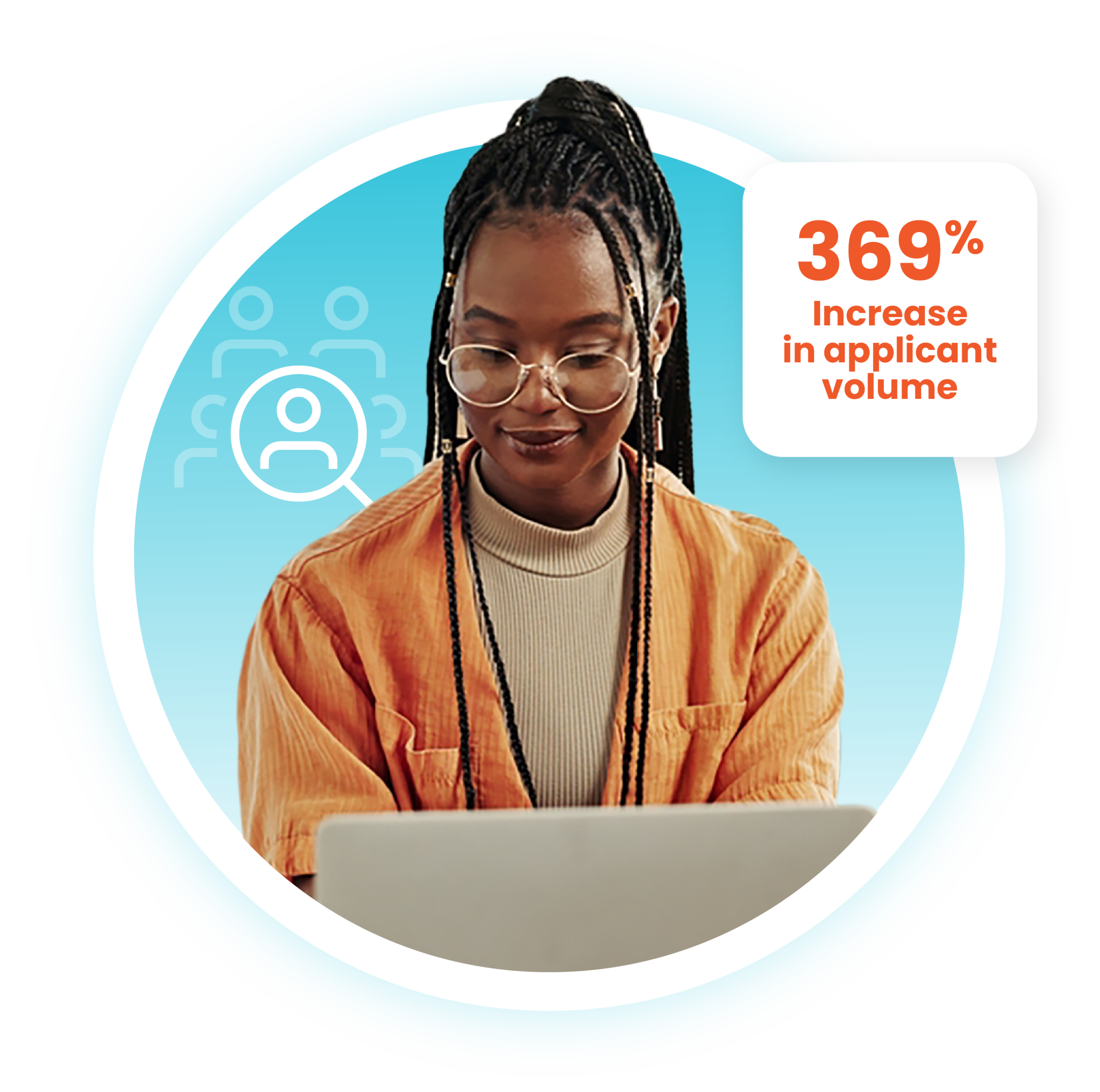Meet the Mitratech Platform
The Mitratech platform harnesses interconnected data insights and AI, unified design, and dynamic integrations to empower legal, risk and HR professionals with unprecedented automation, efficiency and cross-functional visibility. Discover smarter automation and collaboration – all centered around powering greater accuracy, compliance, and customer experience.

THE MITRATECH EDGE Eliminate Gaps From Your Legal, Risk, and Human Resources Compliance Management
Mitratech is a pioneer in connecting and empowering your core departments via fully automated compliance technology, AI-driven analytics, and seamless integrations.
*Don’t want to replace or overhaul your existing applications? No need!
The beauty of our cloud-native, SaaS platform approach lies in its ability to meet you where you currently are by integrating with and supplementing your existing legal systems and software — and scale you to where you want to be.

Connected Enterprise Legal Management
View Now »
Connected Legal and Compliance Management
View Now »
Connected Compliance Management
View Now »
Connected Human Resources Management
View Now »Our Technology Solutions Deliver Real-World ROI for Our Customers
Streamline and accelerate day-to-day tasks so your people feel empowered to focus on the work that drives your business forward.
Workflow Automation
One customer saw a 90% reduction in process time from when a new matter was created all the way through to approval (from 3 weeks to 1-2 days).

Legal
Avg. of 2 hrs saved per day, per legal team member, with the implementation of Mitratech’s matter management technology.

Risk
Up to 60% savings by replacing manual risk mitigation processes with Mitratech’s Alyne platform.

Human Resources
A high-volume hiring hospitality customer saw a 369% increase in applicant volume within the first month of implementing Mitratech’s talent management platform.

Automate Processes.
Resources, Videos, & More
Learn more about how to mitigate risk, elevate efficiency, and drive clarity and collaboration across your organization.
Explore Resources

Elevate Results
Delivering real-world ROI and rapid time-to-value with best-in-class solutions.
-
Legal Operations Manager
Read the Case Study -
Talent Acquisition Manager
Read the Case Study -
Information Security Lead
Read the Case Study
Frequently Asked Compliance Questions

What is Enterprise Automation Software?
Enterprise Automation Software refers to a flexible, intuitive, no-code solution for business users and administrators across an organization. It’s process automation that’s proven in practice to help your departments see immediate ROI through automation —without straining your IT resources —and while enabling faster time-to-value and efficiency. In other words? Help them do more with less by adopting one of the easiest-to-use, fastest-ROI automation solutions available.
What is Enterprise Legal Management?
ELM is the collective term for legal services delivered to an organization that includes matter management, e-billing, legal spend management, document management, reporting and analytics, and process automation. In recent years, ELM as a term has grown substantially and evolved into innovative “Legal Operations” functions within corporate legal departments, that serves as a critical pillar to an organization’s legal efficiency and collaboration internally as well as with outside counsel.
What is Enterprise Compliance?
Enterprise compliance is an integrated approach to compliance that spans multiple business units and geographies within an organization. Built from the top down, it is enabled by and maintains their people, processes, and technology. An effective compliance management program focuses on the risks faced by an organization. It may be based on multiple frameworks and aims to ensure organization-wide ethics are being followed and compliance risk is kept in check.
What is Governance, Risk and Compliance (GRC)
GRC refers to an organization’s approach to these three practice areas. A company often integrates enterprise-wide systems and software to oversee and manage these functions. More and more, companies are looking to the technology sector to deliver on innovative and data-driven GRC tools to empower risk mitigation and protect organizations from critical threats as it relates to cyber security, IT risk, third-party/vendor risk management and more.
What is Third Party Risk Management?
It’s no longer enough to monitor and mitigate your internal, enterprise-wide risk. Half – or more – of the threats to your business can arise from your vendor network or the fourth parties they subcontract. Whether those risks involve noncompliance with your company policies or industry regulation, personal data protection, or financial risk that might impact your bottom line, a robust and automated .vendor management software is a ‘must’ to help you understand and proactively address them.
What is Policy management?
Policy management is vital to mitigating potential risk caused by the actions of employees. In order to mitigate risk and limit the possibility of damaging policy management failures, it’s vital that organizations pay careful attention to policy management best practices. From development strategies that prioritize centralization to automated workflows that take human error out of the equation, there are plenty of things that can be done to enhance policy management tools in ways that make a real difference to a business.
What is Information governance? Why is it important?
Information governance is the way in which information is used and managed. It’s an important practice that seeks to limit the risks involved in the management of data and ensure compliance. Good information governance begins with an examination of how information is gathered and how data is kept, both digitally and on paper. Information governance also covers how this data is stored, and the ways in which a company intends to use the data. The sharing of data is also crucial, particularly with rules and regulations concerning the use of data becoming more robust.
What is CCPA?
The California Consumer Privacy Act went into effect on January 1, 2020. It aims to protect consumer rights and drive stronger transparency and privacy protection when it comes to their personal information. Under this act, Californians have the right to know which personal data is collected, if it’s being shared, with whom it’s being shared, and how they can opt out of any sale of their data.
Automated Solutions for Elevated Results
Magnify the impact of your corporate legal, risk, and human resources teams with cloud-based, automation-driven solutions.
Request a Demo
©2025 Mitratech, Inc. All rights reserved.

©2025 Mitratech, Inc. All rights reserved.